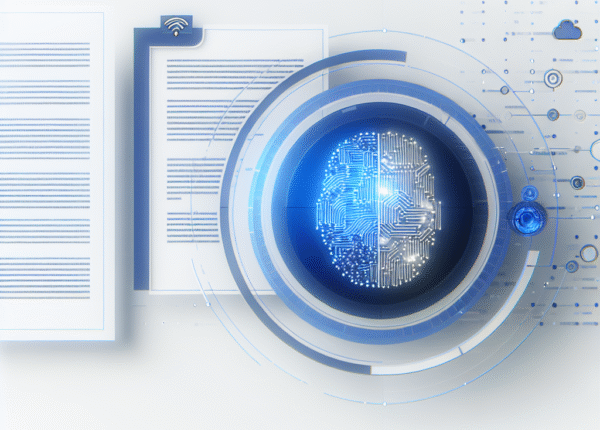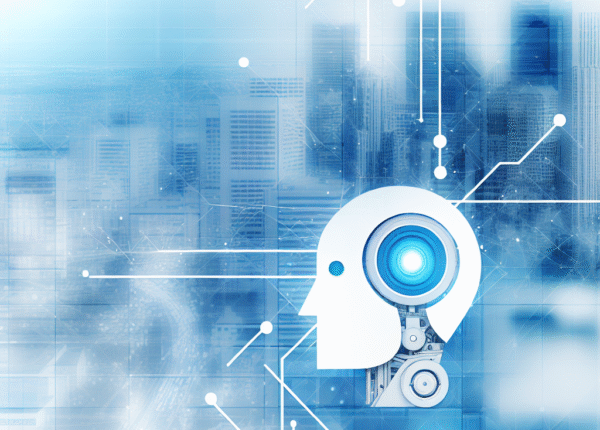In a move that underscores the growing convergence of software and silicon for AI, OpenAI and AMD announced a multibillion-dollar chip deal that could let OpenAI acquire as much as 10% of AMD. The arrangement signals confidence in the silicon powering the latest AI revolutions. AMD’s stock jumped more than 30% after the news, lifting its market value by about $80 billion and sending a message through the tech world about the durability of compute-driven AI progress.
The partnership isn’t just about the numbers. It ties OpenAI to the hardware backbone that will run future models at scale, promising more predictable supply and faster upgrades as models grow more ambitious. The deal sits within a broader push to secure long-term access to cutting-edge chips, while policymakers and investors watch how compute, software and governance align in real time.
Meanwhile, governance and accountability show up in other corners of the AI industry. Deloitte agreed to refund part of a $440,000 government report after acknowledging that it used generative AI and that several errors had slipped into the final document. The Department of Employment and Workplace Relations confirmed the repayment will be made public once the transaction closes, and critics including a Labor senator described the episode as a sign of a ‘human intelligence problem’ that underscores the need for robust oversight when AI assists public work.
On the social front, the AI ecosystem is grappling with intimate uses of tech. A wave of AI dating services now offers increasingly realistic AI companions who flirt, chat and share content for subscribers, sparking concerns about exploitation and the reinforcement of stereotypes. Critics warn that such tools can shape perceptions of consent and relationships, highlighting how even advanced conversational AI raises delicate ethical questions that demand thoughtful governance.
Finally, OpenAI is navigating copyright challenges around its Sora 2 video app, which generated clips featuring popular characters. The company has promised more granular controls for rights holders to block characters from Sora at their request, a move that reflects growing attention to licensing, licensing metadata and creator rights as generative tech intersects with licensed IP. The service, launched on an invite basis, has already brought characters like SpongeBob, South Park, Pokémon and others into AI-generated videos, prompting a broader debate about copyright and innovation.
- OpenAI signs multibillion-dollar chip deal with AMD
- ‘Obedient, yielding and happy to follow’: the troubling rise of AI girlfriends
- Deloitte to pay money back to Albanese government after using AI in $440,000 report
- OpenAI promises more ‘granular control’ to copyright owners after Sora 2 generates videos of popular characters
Related posts
-
OpenAI–AMD chip deal and the evolving AI ethics landscape
In a move that underscores the growing convergence of software and silicon for AI, OpenAI and AMD announced...
6 October 202539LikesBy Amir Najafi -
Daily AI News: Breakthroughs, Policy Shifts, and Industry Pulse
Today's AI News digest gathers stories from research labs, startups, and policy desks, weaving them into a single...
11 October 202540LikesBy Amir Najafi -
Open Source, Cloud-Native AI: The Next Chapter Shaped by KubeCon, Oracle Lakehouse, and AI Policy
AI is no longer a set of isolated models tucked away in labs. It is becoming a movement...
8 November 202524LikesBy Amir Najafi


